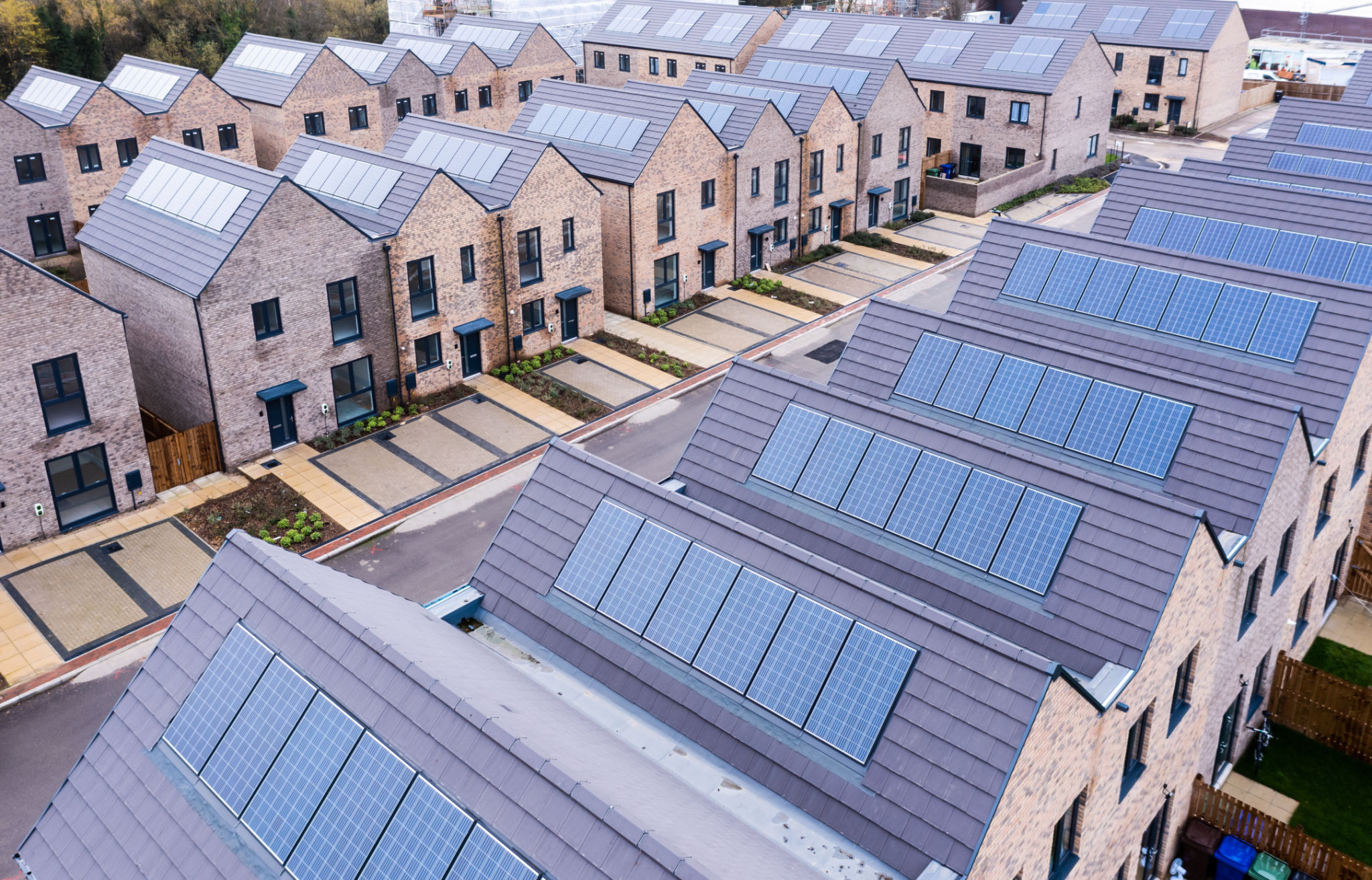A Buyer’s Guide to Modular Homes: Navigating the Prefabricated Market
In recent years, modular homes have gained significant popularity as a flexible and cost-effective housing option. These prefabricated homes offer a unique blend of modern design, efficiency, and affordability, making them an attractive choice for many homebuyers. However, navigating the modular home market can be daunting without proper guidance. This buyer’s guide aims to simplify the process, helping you make informed decisions.
Understanding Modular Homes
Modular homes are constructed in sections, or modules, in a controlled factory environment. These modules are then transported to the building site, where they are assembled to form a complete home. This method of construction provides numerous advantages, including reduced construction time and improved quality control.

One of the key benefits of modular homes is their ability to meet or exceed local building codes. Each module is built to precise specifications, ensuring a high standard of quality and durability. Additionally, because they are constructed indoors, modular homes are less susceptible to weather-related delays and damage during the building process.
Key Considerations When Buying a Modular Home
Budget and Financing
When purchasing a modular home, it's crucial to establish a realistic budget. Consider all associated costs, including land purchase, site preparation, transportation, and assembly. While modular homes are generally more affordable than traditional homes, financing options may vary. It's wise to consult with lenders experienced in modular home financing to explore available options.
Customization Options
One of the appealing aspects of modular homes is their customization potential. Buyers can choose from a variety of floor plans, finishes, and features to create a home that suits their specific needs and preferences. However, it's essential to understand that extensive customizations can impact the price and timeline of your project.

Selecting a Reputable Manufacturer
The success of your modular home project largely depends on selecting a reputable manufacturer. Research different manufacturers and evaluate their track records, customer reviews, and industry certifications. A reliable manufacturer will provide a range of design options and offer warranties to ensure peace of mind.
The Installation Process
Once your modular home is delivered to the site, the installation process begins. This involves assembling the modules on the foundation and connecting them to utilities such as water, electricity, and sewage. It's crucial to work with experienced contractors who understand the intricacies of modular home installation.

The entire process from purchase to move-in can take a few months, significantly shorter than traditional construction timelines. Proper planning and coordination with your builder and contractor can expedite the process and ensure a smooth transition into your new home.
Environmental Benefits of Modular Homes
Beyond their cost savings and efficiency, modular homes offer environmental benefits. The controlled factory setting minimizes waste and optimizes material usage. Additionally, many manufacturers incorporate sustainable practices and materials into their designs, allowing homeowners to reduce their carbon footprint.
In conclusion, buying a modular home is an exciting journey filled with opportunities for customization and savings. By understanding the process and considering key factors such as budget, customization options, and manufacturer reputation, you can confidently navigate the prefabricated market and enjoy the benefits of modern modular living.
